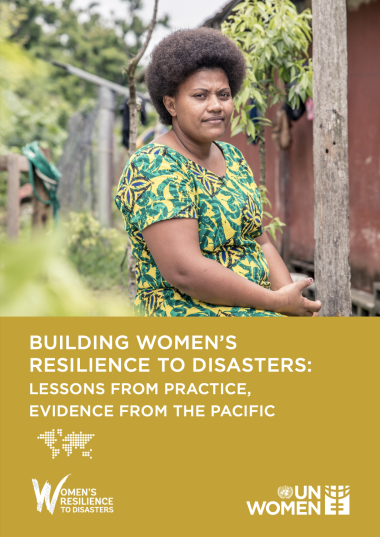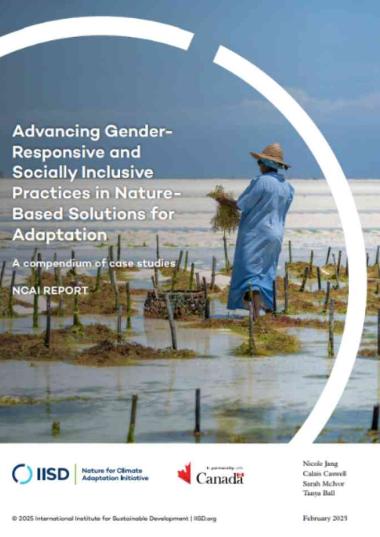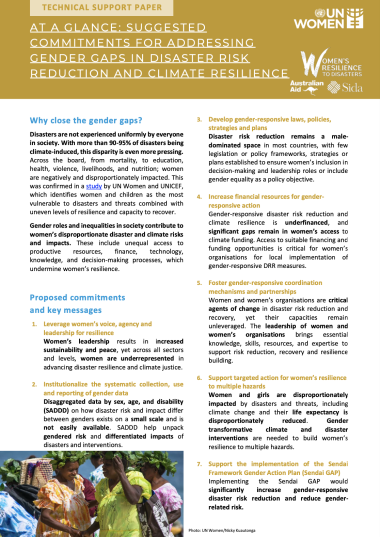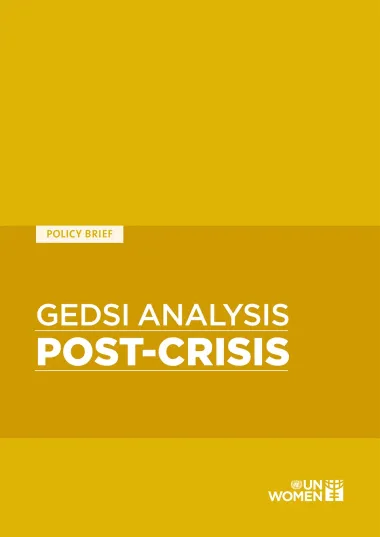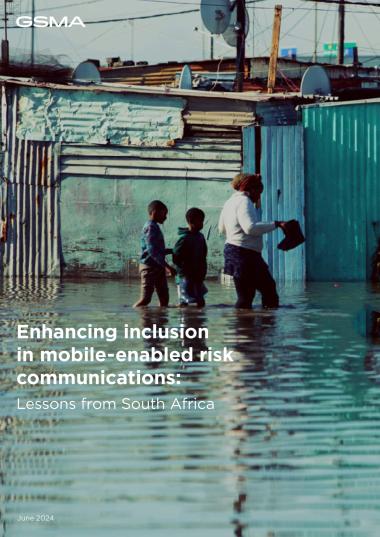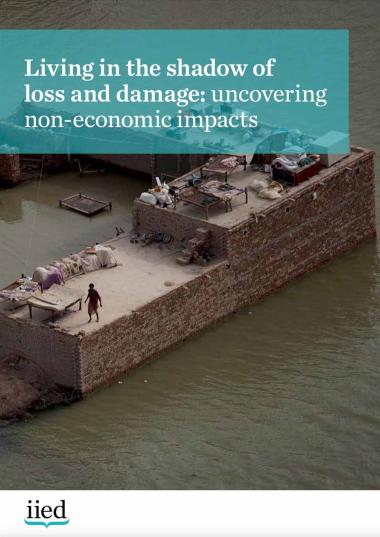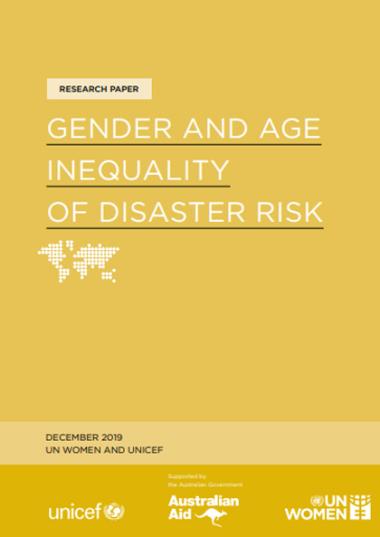
Exploring the role of social learning in addressing climate uncertainties in district planning in Uganda
January 2017
Process-driven approaches, such as social learning, may offer a more flexible approach to tackling the particular challenges of climate uncertainties such as uncertain evidence and long timeframes. This report explores how such processes have helped address climate uncertainties in Uganda through the work of the Africa Climate Change Resilience Alliance (ACCRA).
The report shows that engagement in iterative learning (action and reflection cycles) of Harugale community members in the National Action Plan of Action (NAPA) pilot created trust and built relationships that have the potential to help them cope with uncertain evidence. Through inclusive engagement and capacity development on climate change mainstreaming throughout its interventions, ACCRA has challenged institutions to shift towards treating climate change as a crosscutting issue.
Engagement and capacity development of vulnerable communities have ensured their participation in developing planning tools at the district and national levels that take their needs into consideration. Furthermore, the engagement of women through gender analysis tools – in particular, in community consultations and activities such as the National Action Plan of Action (NAPA) pilot – may help sub-county and district stakeholders to address the differential impacts of climate uncertainty on different groups.
The report concludes that further action-orientated research is needed that focuses on building evidence and understanding on how process-oriented approaches to planning for adaptation can improve outcomes. This should integrate considerations of power, politics and decision-making into how processes are designed and tracked, aiming to maximise the likelihood that these can be negotiated to ensure resilient outcomes for marginalised groups.
